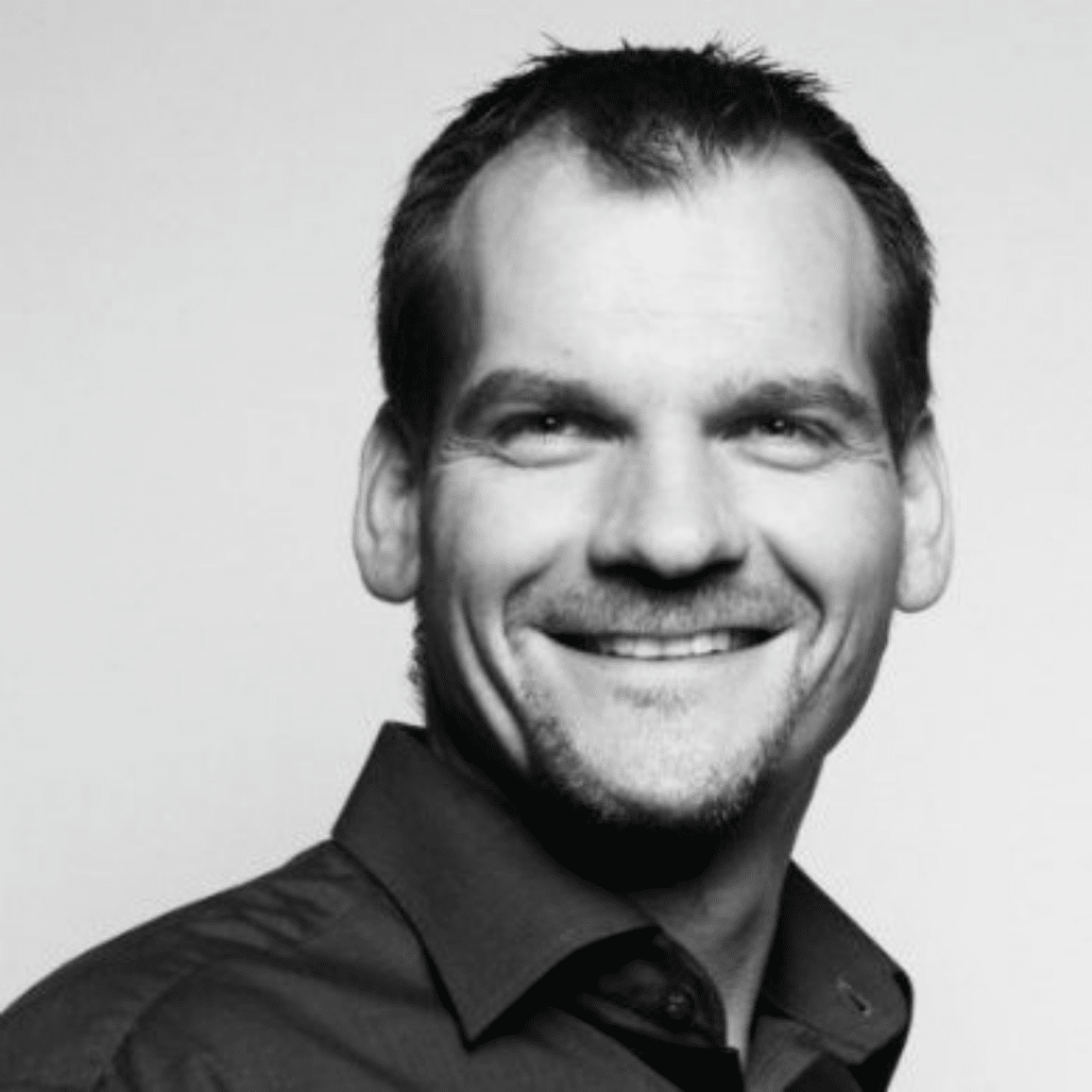What If Corporate Culture Is Perfect, But I’m Not?
Even if the company culture is perfect, people might not see the possibilities they have within this culture because of flaws in our perception of reality.

Robert Fuchs: Culture Architect at HappinessGroup.
At Forward Thinking Workplaces, we are discovering the people, insights, and strategies that lead to Forward Thinking minds, leaders, and workplaces of the future — today. Forward Thinking conversations will define the great workplaces of the 21st century. Check out our upcoming Events page or visit billfox.co to learn more.
How can we create workplaces where every voice is heard and matters, everyone thrives and finds meaning, and change and innovation happen naturally?
Robert Fuchs: Change and innovation happen naturally in environments that foster learning and growth, which naturally leads to transformation and is the same as innovation.
Now comes the tricky part because the environment or the corporate culture is only partly visible through explicit values and value priorities. And at the same time partly invisible through our own constructions of this reality. This means that a culture can be perfect, but because of flaws in my perceptions of this reality, I can’t see the possibilities I have within this culture.
A culture can be perfect, but because of flaws in my perceptions of this reality, I can’t see the possibilities I have within this culture.
From a leadership perspective, I have to ensure that every voice is heard and relevance is seen in the diverse voices. From an individual perspective, I have to find a function within the organization that I can give meaning to. Meaning is not something external, but only I can give meaning to the things that happen in my life. Life by itself is meaningless unless I give it meaning. So this is the personal task of every employee, which happens best in collaboration with the rest of the team. Only in interaction and collaboration with others can I find the sweet spot where meaning for the team and meaning for me personally intersect.
Because roles and responsibilities change as fast as the business models they are grounded on, we have to regularly evaluate these tasks and refactor or reintegrate ourselves as we do with software.
Note: This is a preview of the full interview. The complete interview was selected by Apress for publication and continues in The Future of the Workplace.
